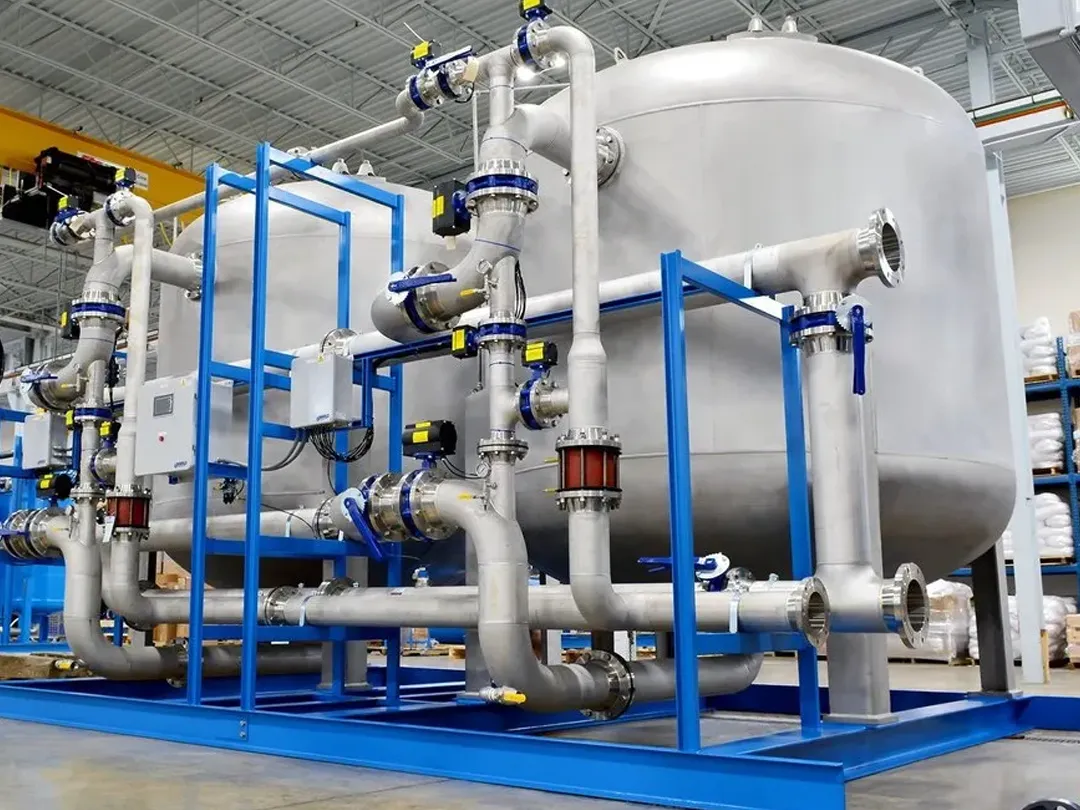Industrial water softeners are essential systems designed to remove hardness-causing minerals, primarily calcium and magnesium, from water used in various industrial applications. The presence of these minerals can lead to scaling and buildup in pipes, boilers, and equipment, resulting in reduced efficiency, increased maintenance costs, and even equipment failure. By utilizing ion exchange technology, industrial water conditioning units effectively replace hardness ions with sodium ions, thereby softening the water and preventing the adverse effects associated with hard water.
The operation of a heavy-duty water softener typically involves several key steps. Initially, hard water enters the system and flows through a tank filled with resin beads coated with sodium ions. As hard water flows through, the calcium and magnesium ions bind to the resin beads, replacing the sodium ions. This process persists until the resin becomes saturated with hardness ions, rendering it unable to effectively soften the water. At this point, the system undergoes a regeneration process, where a concentrated sodium chloride solution is flushed through the resin tank. This restores the sodium ion content present in the resin, allowing it to continue conditioning water productively.
Industrial hardness removal systems are particularly crucial in sectors where high-quality water is necessary for operations. For example, in the food service sector, soft water is essential for ensuring product quality and consistency. Similarly, in power generation, softened water is required for boiler feed to prevent scaling and enhance thermal efficiency. Additionally, in manufacturing processes, soft water helps maintain the integrity of equipment and reduces maintenance downtime.
Ongoing monitoring and maintenance of water dehardening systems are vital to ensure their effectiveness and longevity. Regular testing of water hardness levels and timely regeneration of the resin are critical components of maintaining ideal performance. By investing in hard water treatment units, companies can achieve significant cost savings, improve operational efficiency, and extend the lifespan of their equipment. Continuous monitoring of water quality and system performance ensures optimal operation. Regular maintenance is conducted to ensure the longevity and efficiency of the water softening system.
